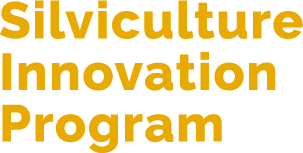-
The 2023 Wildfires in British Columbia, Canada - Impacts, Drivers, and Transformations to Coexist with Wildfire
This paper analyzes the record-breaking 2023 wildfires in British Columbia, detailing their significant ecological and social impacts, which are seen as the result of a century of altered relationships with fire intensified by climate change. The aut...This paper analyzes the record-breaking 2023 wildfires in British Columbia, detailing their significant ecological and social impacts, which are seen as the result of a century of altered relationships with fire intensified by climate change. The authors argue for an urgent transformative shift towards coexisting with wildfire, moving beyond suppression to embrace its ecological role and Indigenous stewardship practices. The paper proposes six interrelated strategies to achieve this coexistence: diversifying wildfire response, increasing suppression capacity, mitigating community risk, implementing landscape fire management, transforming wildfire governance, and strengthening expertise. This paper emphasizes the need for a holistic, all-of-society approach involving policy changes, sustained funding, and collaboration to build resilience against future extreme wildfires. -
Learning to Live with Fire - State of Wildfire in BC
This document explores the increasingly severe wildland fire situation in B. C. , driven by climate change and accumulated forest fuels, with an emphasis on the urgent need for a whole-of-government provincial landscape resilience strategy. It is str...This document explores the increasingly severe wildland fire situation in B. C. , driven by climate change and accumulated forest fuels, with an emphasis on the urgent need for a whole-of-government provincial landscape resilience strategy. It is structured to detail the current wildfire context, analyze the significant social and ecological impacts of catastrophic wildfire, and examine the current governmental and non-governmental responses to wildfire governance in the province, including the critical role of First Nations and local governments. Ultimately, the primer The document calls for a fundamental shift toward proactive prevention and mitigation measures, highlighting the need to vastly expand fuel management efforts and adopt a comprehensive, collaborative approach to build lasting social-ecological resilience across B. C. -
Beneficial Fire in BC An Exploration of How Fire Can Contribute to Wildfire Resilience
This document explores how fire can intentionally contribute to wildfire resilience in British Columbia and introduces the concept of beneficial fire, defined as planned or unplanned wildland fire with positive ecological effects and acceptable risk ...This document explores how fire can intentionally contribute to wildfire resilience in British Columbia and introduces the concept of beneficial fire, defined as planned or unplanned wildland fire with positive ecological effects and acceptable risk to human communities. It presents a conceptual framework that integrates both ecological dimensions and community dimensions to guide management decisions. The document advocates for a whole-of-society approach to increase beneficial fire, including cultural fire, prescribed fire, and managed wildfire, by accelerating place-based assessments and improving community safety through measures like FireSmart. -
The Mitigating Wildfire Initiative Landscape Resilience and Wildfire - A Primer for Collaborative Dialogue
This document introduces the Mitigating Wildfire Initiative, an effort to address catastrophic wildfires in British Columbia through dialogue and collaboration among diverse groups, including Indigenous Peoples and local communities. The MWI has four...This document introduces the Mitigating Wildfire Initiative, an effort to address catastrophic wildfires in British Columbia through dialogue and collaboration among diverse groups, including Indigenous Peoples and local communities. The MWI has four key objectives: strengthening relationships, improving understanding of wildfire issues, creating a shared agenda for mitigation, and achieving real-world impact. The document delves into the complex concept of resilience in the context of wildfire, differentiating between ecological, social, and social-ecological perspectives, and emphasizes the importance of place-based and context-specific discussions for effective strategies. Finally, it outlines five interconnected categories of progress being made toward wildfire resilience in BC including planning, operations, networking, research and knowledge generation, and public engagement, highlighting the need for an all-of-society approach and proactive, dynamic management.


